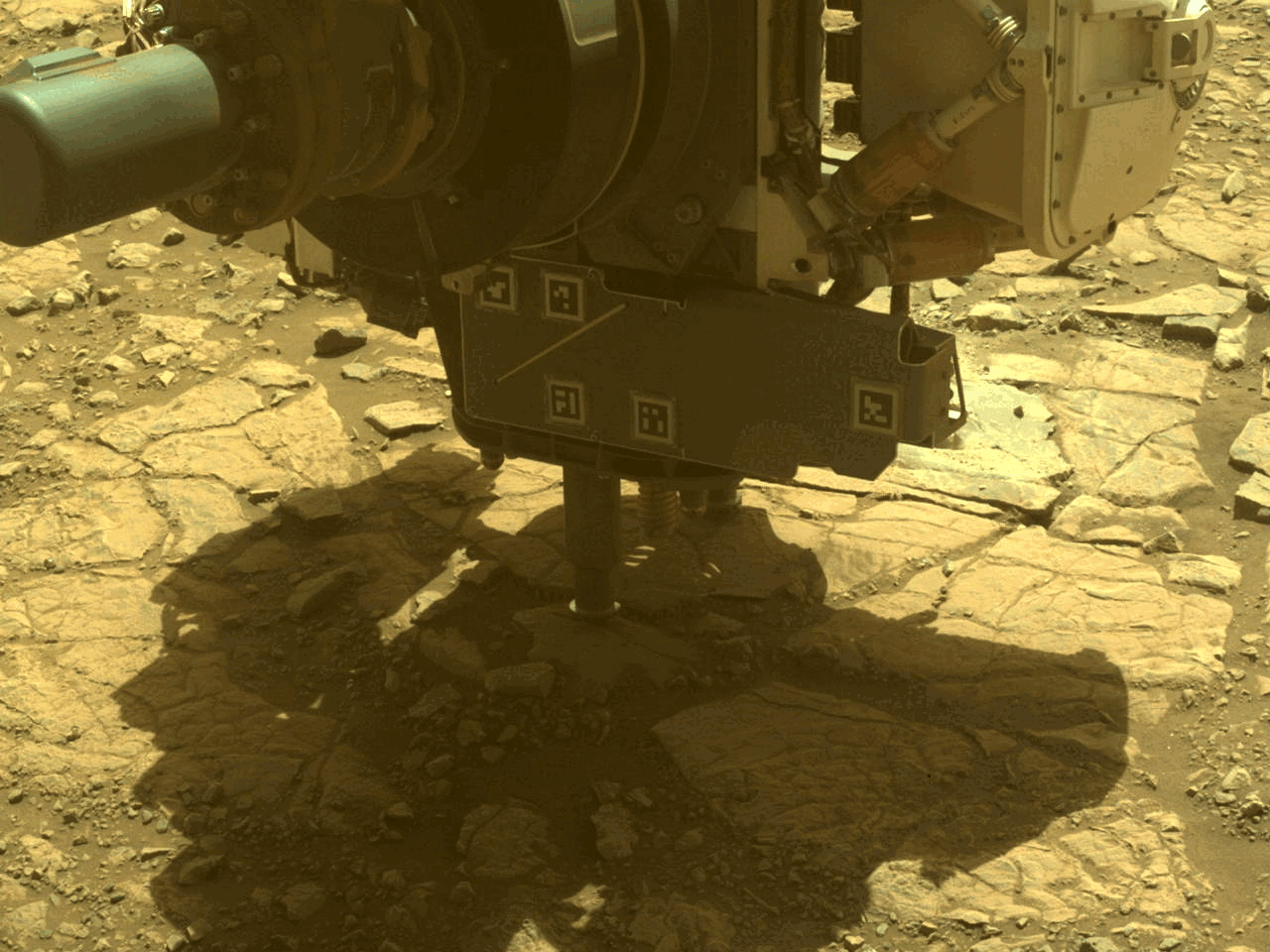How Trump's trade war with China will hit tech prices
President Trump’s escalating trade war with China is putting a spotlight on the various technology companies and products poised to feel the ripple effects of the ongoing conflict. The Trump administration raised import taxes on China to 125 percent on Wednesday, sending technology firms scrambling to offset the impact on their prices. While...

President Trump’s escalating trade war with China is putting a spotlight on the various technology companies and products poised to feel the ripple effects of the ongoing conflict.
The Trump administration raised import taxes on China to 125 percent on Wednesday, sending technology firms scrambling to offset the impact on their prices.
While some companies may try to shift production to the U.S., industry observers say consumers will feel price hikes as the extra costs get passed to some of their most used products.
“China [is] the source for many of the electronics that are made. China has built up this massive supply chain and a manufacturing ecosystem that makes it efficient for them to produce electronics of all sorts,” Rick Kowalski, the senior director of business intelligence for the Consumer Technology Association (CTA), told The Hill.
Much of the attention is on Apple, which sits at the “eye of the tariff storm,” Dan Ives, global head of technology research at Wedbush Securities, said.
“While Apple has diversified its supply chain to other parts of the world including Vietnam, India and the U.S. ... the hearts and lungs of the Apple supply chain are cemented in Asia,” Ives wrote in a recent investors note.
Apple outsources much of its production process to Foxconn, a Taiwanese electronics manufacturer, to build the company’s popular iPhones, iPads, Macs, AirPods and other hardware in China.
More than 50 percent of Mac products and 75 to 80 percent of iPads sold by Apple are assembled in China, according to estimates by Wedbush Securities.
Under the tariffs, the price of Apple’s newest iPhone 16 Pro Max 256 GB could increase by as much as 56 percent, driving the price tag from about $1,199 to $1,874, UBS analysts shared in a research note when the Chinese tariffs stood at 104 percent.
Trump said Wednesday he would hike those tariffs to 125 percent.
“There’s just no margin room for these companies to absorb the cost,” Ryan Reith, the group vice president for the International Data Corporation's Worldwide Device Trackers, told The Hill.
As Trump continues to boost tariffs on China, experts warn shortages of Apple products and similar goods are becoming more likely.
“The tariffs are reaching embargo proportions here where unless you absolutely, essentially need something, it just doesn’t make sense to continue importing it kind of on either side, because it’s just so prohibitive,” said Martin Chorzempa, a senior fellow with the Peterson Institute for International Economics.
Experts also cited Dell Technologies and HP as companies likely to be impacted due to their reliance on global manufacturing.
Morgan Stanley analysts reportedly said last week said the added tariff cost “could equate to nearly the entirety of their expected net income” this year, and the research arm of Morgan Stanley predicted Apple, Dell and HP’s best options are to raise prices, calling the situation a “lose-lose.”
Still, Dell and HP worked in recent years to move manufacturing away from China and into other countries, which could give them a slight boost following Trump’s abrupt pause on tariffs for most other nations.
Tariffs of varying amounts initially went into effect for the U.S.’s other trading partners on Wednesday, but Trump put a 90-day pause on them by midday amid a global market rout.
Prior to last week’s announcement, Reith said the theory was “the least amount of exposure you have to China manufacturing, the better you are.”
If Trump lifts the pause, these companies will once again be just as vulnerable in other countries.
For iPhone 16 Pro 128 GB models made in India, for example, UBS researchers predicted the product’s $999 sticker price could increase by about 12 percent if tariffs hit the nation, while some Apple Watch models made in Vietnam could see a 19 percent jump in price.
The Hill reached out to Apple, Dell and HP for comment on how the companies plan to adjust in the wake of the changing tariffs.
Some companies were quick to make public changes amid the turmoil.
Nintendo, which has moved some but not all of its production out of China, announced last week it would delay preorders for its new Switch 2 game console, which were supposed to begin Wednesday.
A company spokesperson told The Hill the decision was made “in order to assess the potential impact of tariffs and evolving market conditions,” though it is not clear if the plans will change given Trump’s 90-day pause on countries other than China.
Nintendo’s North America President Doug Bowser told WIRED shortly after Trump’s tariff announcement last week the company had not factored the import taxes into the original pricing of the console.
Trump argues the tariffs will force companies to move production to the United States, but experts warn those manufacturing changes often take time and money, all while the economic chaos continues.
“It’s very easy to say ‘build in America’ behind a microphone in the Beltway. ... The reality is so much different, it's almost a scary concept,” Ives said. “The reality [is] this 'near-term pain' would take a decade to even move the needle.”
Ives suggested iPhones could cost upward of $3,500 if Apple tried to assemble them in the U.S.
Manufacturing and supply chain decisions also require a level of certainty that cannot be guaranteed amid trade negotiations, Chorzempa noted.
“Supply chains don’t move in the short term for most things,” Chorzempa said. “I don't think anyone's going to make any supply chain decisions in a major way here.”
“If you're a company whose planning to make a sizable capital investment in new manufacturing capacity in the United States, you're not going to do that unless you're sure the investment will pay out over the medium to long term,” said Lindsay Owens, executive director of the progressive think tank Groundwork Collaborative.
“And right now you have no ability to ascertain that certainty because Trump is promising to potentially pull back at any moment, and if he gets a good phone call from a foreign dignitary, all bets are off,” she continued.
The White House has dismissed such concerns, specifically when it comes to moving iPhone production to the U.S.
“He believes we have the labor, we have the workforce, we have the resources to do it,” White House press secretary Karoline Leavitt told reporters on Tuesday when asked if iPhone manufacturing can move to the U.S.
She then pointed to Apple’s recent $500 billion investment in domestic resources, stating the company “wouldn’t have put that big chunk of change” if they did not believe the U.S. could handle iPhone production.
What's Your Reaction?
















































